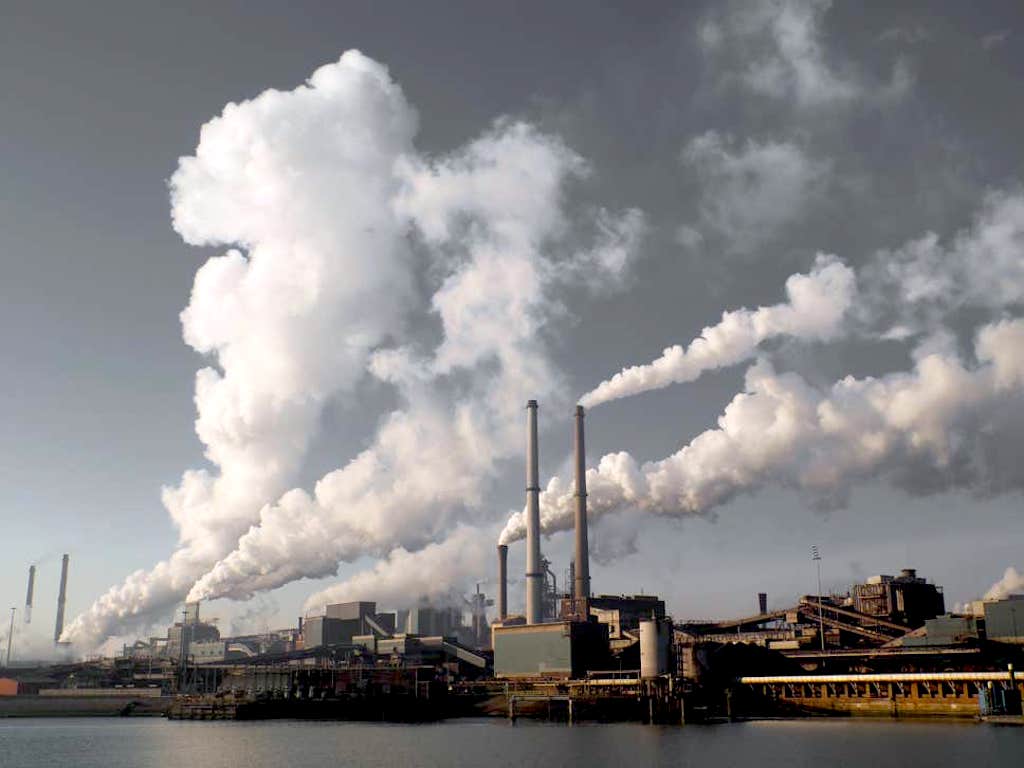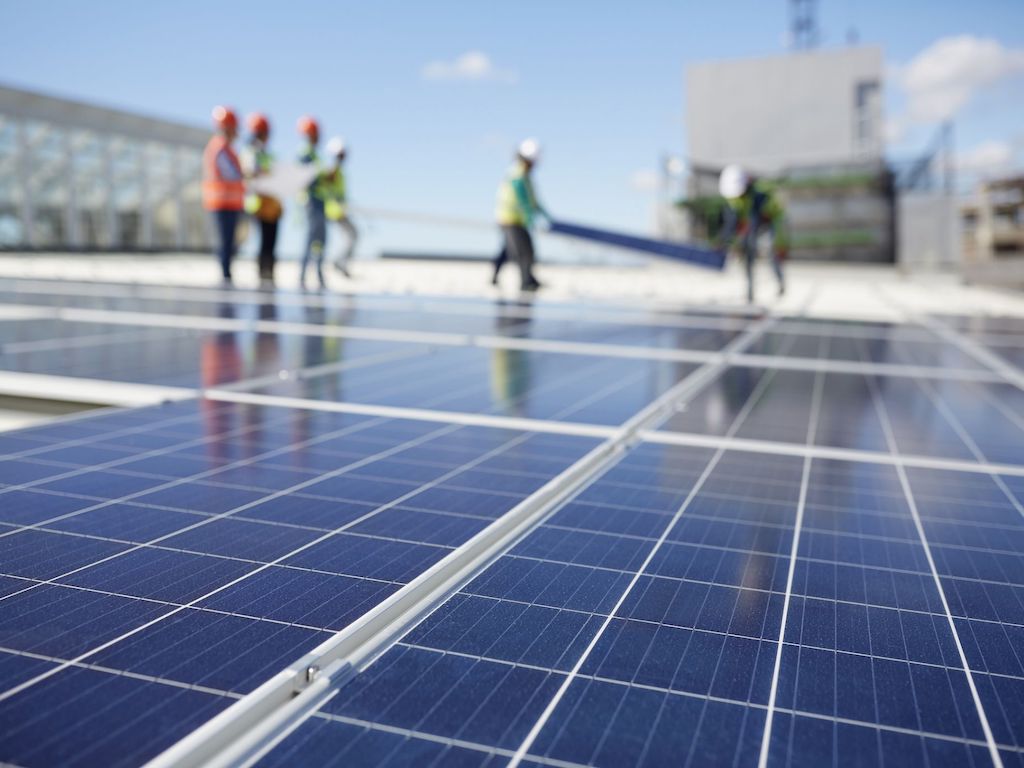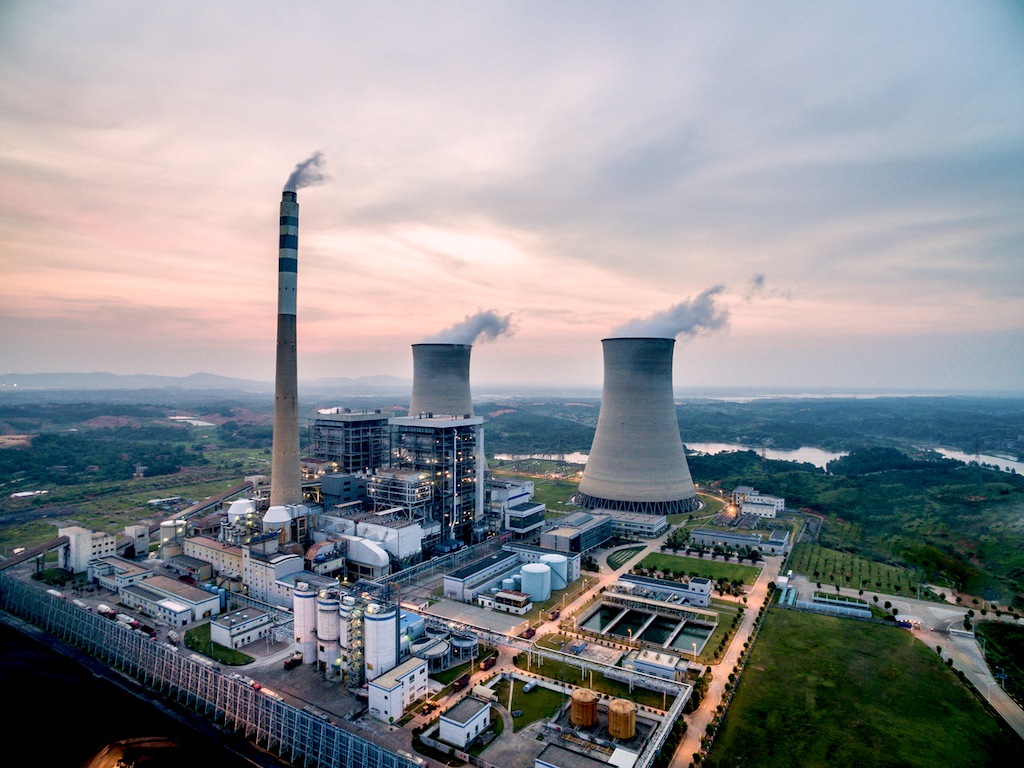3 Mins Read
Apparently in South Korea, environmental concerns are limited to domestic policy. Contradicting its recent Green New Deal pledges to tackle the climate crisis, South Korea will be backing a new coal project in Indonesia. The move by the government-owned utility Korea Electric Power Corporation (Kepco) to invest in the coal venture is clearly at odds with South Korea’s proposed green policies, suggesting that the government is now backtracking on its promises to take much-needed climate action.
Kepco, the largest state-owned electric power distribution company, announced on Tuesday (June 30) that it will invest in a proposed coal power project in Indonesia. The 2000-MV project will add two new power plant facilities to the station, and will be in operation by 2024.
The US$51 million investment and shareholder loan guarantee of US$250 million will see Kepco hold a 15% equity stake in the coal power project in Cilegon, a city in Indonesia’s Banten province, near the capital Jakarta.
As reported by Asia Today, state-owned banks Export-Import Bank (Kexim) and Korea International Trade Insurance Corporation (Ksure) will be providing the majority of the financing with US$1.4 billion in investment.
The announcement is a total contradiction to the government’s pledge to phase out coal financing as a part of its Green New Deal to slash greenhouse gas emissions and curb the country’s role in driving global heating.

Activists are saying that the news is clear that the South Korean government’s previous promises will not be fulfilled. Calling the move an “empty promise”, Julien Vincent, the executive director of Australian NGO Market Forces told Eco-Business that the government has “decided to continue supporting overseas coal finance without fully considering the implications on Korea’s reputation overseas and our shared climate.”
After China and Japan, South Korea is the third biggest public financier of coal – the dirtiest of all fossil fuels. It has had a track record of investing in coal-fired power plants abroad that would not meet South Korea’s own domestic environmental laws.
The Indonesian coal project itself has for years come under controversy due to its enormous environmental footprint, from fuelling air pollution and contributing millions of tonnes of greenhouse gas emissions at a time when the world is striving to achieve net-zero by 2050 as outlined under the Paris Agreement.
According to a Greenpeace report, the pollution from the plant will cause an additional 4,700 premature deaths over its lifetime.

Climate campaigners have further noted that amid the coronavirus pandemic and the resultant economic crisis for the fossil fuel industry, there is simply no business case to continue with plans to build new coal plants. In May, the global energy watchdog, the International Energy Agency (IEA) said that renewable energy will emerge as the only resilient source of electricity in the future.
On top of that, given that the Indonesian government – after rising pressure for a green coronavirus recovery plan from experts and widespread criticism over its plans to dismantle environmental regulations earlier this year – has launched a US$1 billion per year scheme to install solar panels across the entire country, investing in renewable energies such as solar will be more cost-efficient than funneling money into new coal plants.
Amid dire warnings about the climate crisis, global experts, including the IEA, have reiterated that coronavirus rebuilding packages must include a rapid transition away from fossil fuels and towards clean energy technologies.
Scientists have repeatedly pointed out that failure to do so in order to lower global emissions and avert climate change will only bring about more frequent and deadlier pandemics to come.
Lead image courtesy of Getty Images / iStock.




